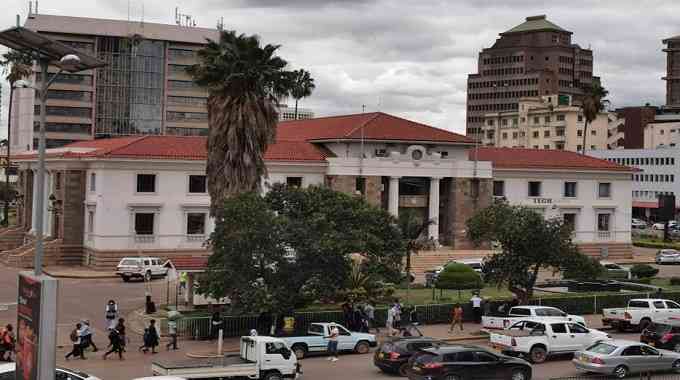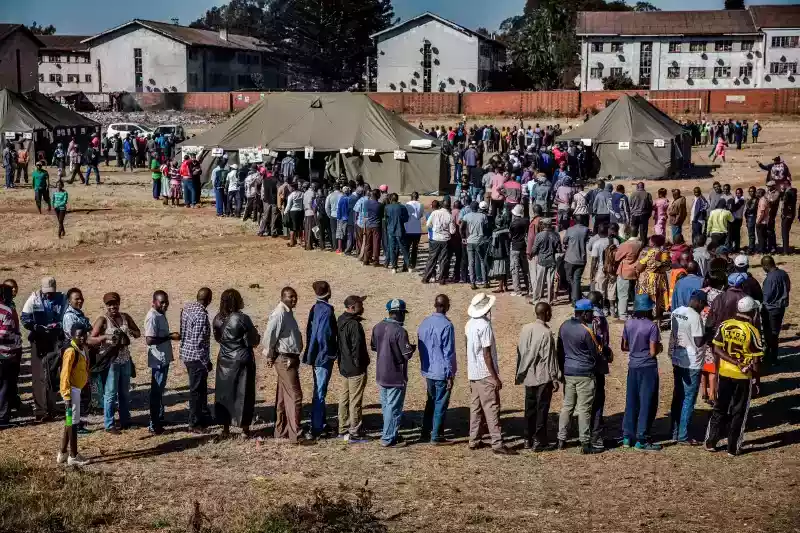
THE proliferation of service stations in Harare is in clear violation of urban planning by-laws because of their proximity to residential areas, posing a danger to the people in the environs, the commission of inquiry on Harare has heard.
President Emmerson Mnangagwa appointed the commission led by retired judge Justice Maphios Cheda in May this year to investigate financial management systems and audit compliance with the Public Finance Management Act at the local authority.
The commission’s evidence leader Tabani Mpofu questioned Harare City Council’s works and town planning committee chairperson Takudzwa Dzumbunu if the service stations were illegal structures.
In response, Dzumbunu said the city was updating local designs and getting rid of service stations near residential areas.
“I am not sure if illegal structure is the right term. I think there is a need to revise our local plan and if possible, remove those service stations close to houses,” she said.
However, Dzumbunu challenged the reasoning for such proliferation.
She said the council was facing challenges with private land owners acquiring development permits.
“By law, a person is allowed to apply for change of use of private land, and according to the Regional Town Planning Act, we, therefore, cannot stop them.
“Then the second major challenge is that if the service station is being constructed where it is freely permissible or if it’s provided by a local plan, unfortunately, it’s not brought to the committee for scrutiny,” Dzumbunu said.
“That is why we end up with a situation whereby you actually get to know some of these projects through social media, as we have noted.
“But we have since asked the planning department to create an updated report with all the service stations that they have given permits, as we have also realised that they are way too many for one area.”
Mpofu also noted that some cluster houses were being built in areas that do not have sufficient supporting structures.
But Dzumbunu said council had not put in place a policy which catered for cluster houses.
“We are currently still working on that policy to do with densification in Harare,” she said.
Dzumbunu said council had a backlog of applications for cluster houses.
“So the backlog we have of cluster houses is a lot, such that we cannot stop and finish with the policy and continue,” she said.
“That is why we are then putting the conditions in the permits that we are currently giving, the conditions that are in the policy. We had a meeting with the residents, developers, engineers and land surveyors.”
Dzumbunu added: “I know people use regularisation as an excuse, but it doesn’t make it right. Because the people who are being settled in those areas either are not aware of council processes or they are too desperate to have a piece of land only to be
duped.”









